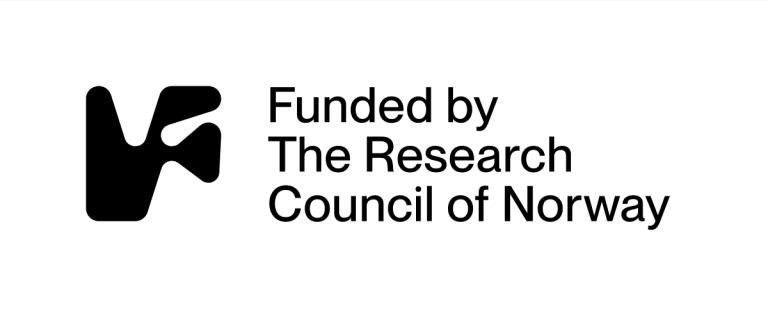About LaW-BALANCE
Life and Work in Balance: Legal responses to working life in times of change and crisis.

Main content
Working life is seeing some of the most significant changes since the first industrial revolution. Globalization, demographic change, and digitalization have already revolutionized the world of work, and continue to challenge existing models and prevailing patterns of working life. On top of these megatrends, the Corona-pandemic triggered an impetuous transformation to a more digitalized and flexible working life. Against this backdrop, a departure point for LaW-BALANCE is the desire to understand the current legal framework of working life in transition, and to explore the role of law as an instrument to achieve an inclusive working life and a well-functioning welfare state.
The project centers around the concept of work-life balance. and LaW-BALANCE focuses on two key instruments related to the achievement of work-life balance for employees: flexible work arrangements and the availability of paid leave. The project will also look at the protection against discrimination when claiming and enforcing these rights.
Through in-depth analyses of Norwegian labour and social law (incl. studies on the impact of EU and EEA law on the selected areas), combined with comparative legal analyses of selected countries in the EU, LaW-BALANCE will break new ground in providing a better understanding of the legal framework that regulates modern working-life. When it comes to EU law the recently enacted EU’s Work-life Balance Directive, as well as fundamental social rights manifested in the Charter of Fundamental Rights of the European Union, will play a pivotal role for the legal analysis.
WP1: Flexible work arrangements
The first work package examines the legal framework concerning flexible work arrangements, thereof: 1) legal framework as regards remote work, 2) the right to disconnect.
WP2: Paid leave arrangements
The second work package focuses on the legal framework as regards different forms of paid leave, thereof: 1) right to paid annual leave, 2) right to parental leave, in particular, paternity leave, 3) rilght to leave for carers.
WP3: Protection against discrimination
The third work package takes a closer look at the legal framework as regards protection against discrimination when claiming and enforcing these rights (focusing on the protection against discrimination for carers).
Theoretical approach and methodology
LaW-BALANCE will approach the research areas through legal doctrinal analysis. Applying this method means looking at the legal sources - both on the national and EU level - and examining these via in-depth analyses in the three selected areas, i.e., examining legal provisions, preparatory works, court cases, and related academic legal scientific publications.
Furthermore, comparative legal analysis will be employed. Comparative analysis may reveal discrepancies and inconsistencies of legal norms in national law. Analyses of different fields of law and different legal jurisdictions will contribute to stimulating critical discourse and raising awareness about unresolved problems at the national level. This is of vital importance for the impact of EU and EEA law in the selected areas of Norwegian labour and social law as the EU Directive on Work-life Balance and the EU Working Time Directive play an essential role for LaW-BALANCE.
Following an assessment of the current legal status (de lege lata analysis), a comparative analysis will contribute to an evaluation of how the law might be altered in the future (de lege ferenda) to resolve the identified legal problems.
